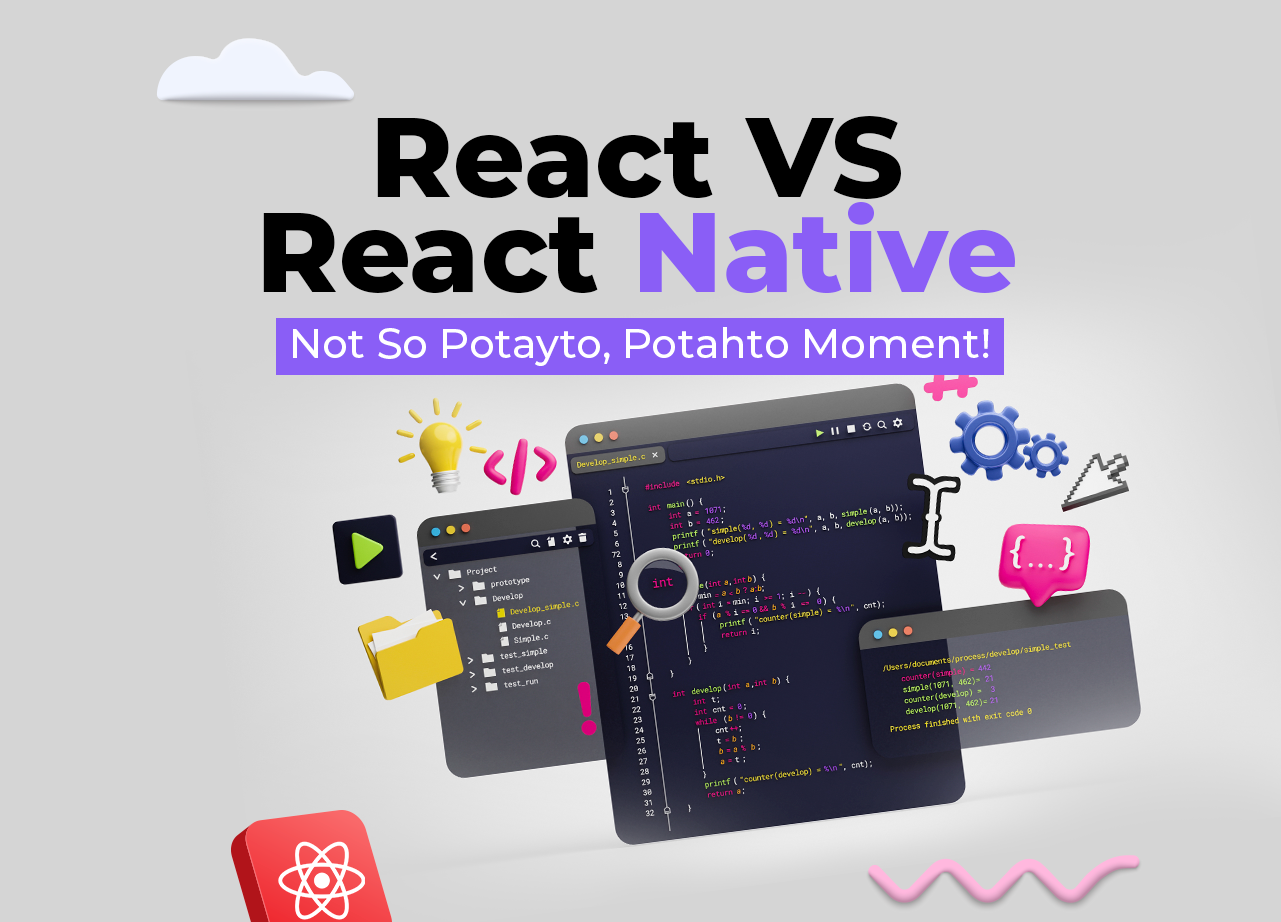Companies are progressively using Learning Management Systems (LMS) in the fast-paced digital environment of today to streamline and enhance their training and development initiatives from a more efficient and effective perspective. Conversely, as the demand for tailored, effective, and flexible learning keeps growing, artificial intelligence (AI) is altering learning management systems (LMS) platforms. By including features made feasible by artificial intelligence, LMS systems are transforming the way in which students interact with material and the approach in which businesses provide training programs. The seven most significant benefits artificial intelligence offers to learning management systems (LMS) are thoroughly discussed here.
Individualized Instruction Programs
Among the most obvious advantages artificial intelligence offers to learning management systems (LMS) is the ability to create customized learning paths for individual users. Conventional approaches of instruction can follow a one-size-fits-all formula that could cause some students to get bored with the system. Powered by artificial intelligence, learning management systems (LMS) evaluate user data including past courses, learning speed, and preferences to provide courses and materials fit for the particular requirements of the user.
For E.g.:
Depending on the learner’s past behaviour and goals, AI systems provide recommendations for courses, papers, and videos. We consider these suggestions to be dynamic content recommendations.
Artificial intelligence can detect knowledge gaps and then arrange a tailored learning path to close such gaps, therefore ensuring that students acquire the required abilities. By providing knowledge catered to the particular needs of every student, organizations may raise outcomes and student involvement.
Appropriate Contained Content Management
RArtificial intelligence helps content management by automating repetitive tasks and streamlining the course of course creation, therefore optimizing the process. Companies building learning management systems (LMS) may use artificial intelligence to efficiently choose, update, and arrange instructional materials.
AI enhances content management in the following ways among others:
- Artificial intelligence efficiently tags and categorizes data, therefore enabling students to find objects relevant for their study.
- Artificial intelligence analyses how pupils interact with resources, thereby providing knowledge on what functions effectively and poorly.
- Artificial intelligence technologies may monitor outside sources and update the course’s content to ensure that it is constantly current and relevant.
Automating these processes helps businesses save time and ensure that their solutions for learning management systems (LMS) provide training materials with high quality and currentness.
Statistical analysis and insights motivated by facts
Artificial intelligence integration into learning management systems (LMS) platforms helps businesses to get insights ready for use. Unlike conventional LMS systems, which usually only provide basic data, artificial intelligence pushes analytics to a whole fresh level.
One finds among the instances of analytics driven by artificial intelligence:
- Based on their behaviours, artificial intelligence can forecast student results, therefore allowing proactive intervention to improve performance. This is called predictive analytics.
- Artificial intelligence can identify trends in student behaviour, therefore helping businesses to improve their training programs.
- Artificial intelligence analyses student inputs to find trends and areas that could desire development.
These revelations enable companies that create learning management systems to provide not just constantly evolving solutions fit for user needs but also successful ones.
Refine Storage and Data Management
Any SaaS application starts with data, hence good data management may significantly affect performance. Minimizing latency and enhancing scalability by means of optimal data storage, retrieval, and processing helps distribution of the load in large-scale applications depends on data partitioning—that is, sharding—the data across many servers or databases. This method guarantees that every server manages only a fraction of the data, therefore optimizing performance and accelerating data access.
Frequent access to frequently used data speeds up retrieval and decreases database load. Data may be stored in memory using Redis or Memcached. This speeds up data retrieval without querying the database. Maintaining a mix of consistency and availability is very vital in distributed systems. Certain SaaS products may choose ultimate consistency, in which case the system assures data consistency throughout time instead of immediate, therefore lowering latency and enhancing speed.
Compressing big data files and removing duplicate data can help you to free up important storage capacity and increase the effectiveness of your data processing.
Availability and support around-the-clock
Artificial intelligence-driven learning management systems (LMS) ensure constant support for students, therefore enabling them to seek help whenever they so need it. Artificial intelligence technology includes chatbots and virtual assistants are always available to provide instruction and solve issues.
Several main benefits of assistance powered by artificial intelligence:
- Among the duties of virtual assistants include answering frequently asked inquiries, suggesting materials, and walking users around the site.
- The artificial intelligence system reminds and notifies students to keep them on target with their goals.
- Artificial intelligence powered tools are appropriate for a broad spectrum of users as they may provide assistance in many languages.
This degree of accessibility assures that learning will go on uninterrupted and improves user experience.
System scalability and adaptability
As the companies keep growing, their training needs get more challenging. AI enables learning management systems to expand without challenge as well as customizing options that might be fit for certain requirements.
In the following respects, artificial intelligence may offer scalability and customisation:
- To control an increasing user count and material without compromising efficiency, artificial intelligence may alter processes. Dynamic workflows are this ability.
- Artificial intelligence solutions may be tailored to fit the particular training and industrial needs of a company.
- AI guarantees efficient distribution of resources, hence reducing costs and concurrently improving results. We term this resource optimization.
By use of alliances with language management system (LMS) development businesses using artificial intelligence, organizations may ensure that their training programs remain effective and flexible even as they expand.
Cut Latency for Enhanced User Experience
Artificial intelligence not only makes learning more fascinating but also increases performance and retention. Artificial intelligence presents the right material at the right time to ensure that pupils recall knowledge more effectively.
Among the most crucial elements influencing improved retention are:
- The artificial intelligence system schedules content reviews at suitable intervals to encourage learning by means of spaced repetition.
- Using interactive learning tools such role-playing, simulations, and real-time feedback would help one to have an immersive learning experience.
- Artificial intelligence tracks student development and provides tailored comments to help each one stay on target.
These attributes lead to higher competency of the personnel, which directly helps the company to flourish.
Higher degrees of retention and performance
Your software as a service architecture must be optimized for speed and cost. Examples of operational expenditure reductions:
- Monitoring resources and server use may reduce needless spending and undetected over-sourcing.
- Serverless design simply charges for processing power.
- Amazon S3 for huge files and Amazon Glacier for historical data reduce storage costs and performance.
- Pay-as-you-go cloud pricing may be better than flat-rate. This may lower rates further, particularly off-peak.
Why artificial intelligence represents the direction of learning management systems?
Integration of artificial intelligence (AI) into learning management systems (LMS) platforms is not a luxury but rather a must. AI-driven learning management system (LMS) solutions are helping to define a fresh standard for learning and development. Among these systems are scalability, strong analytics, and customized learning opportunities.
Companies that want to keep their competitive edge should think about collaborating with a learning management system (LMS) development company knowing the revolutionary possibilities of artificial intelligence. Whether you are enhancing an existing learning management system (LMS) platform or creating a new one, artificial intelligence may release hitherto unheard-of levels of efficiency and efficacy.
 Blog Communication Crafts
Blog Communication Crafts





